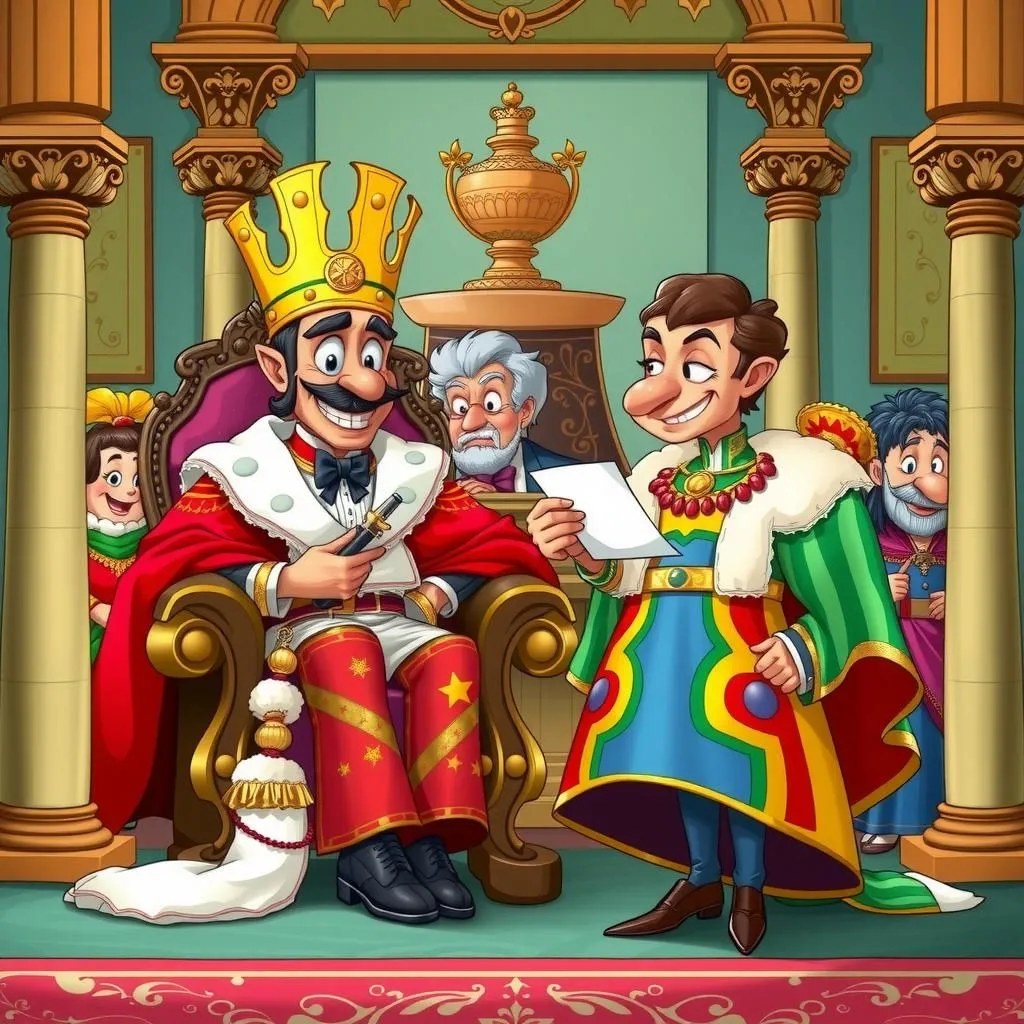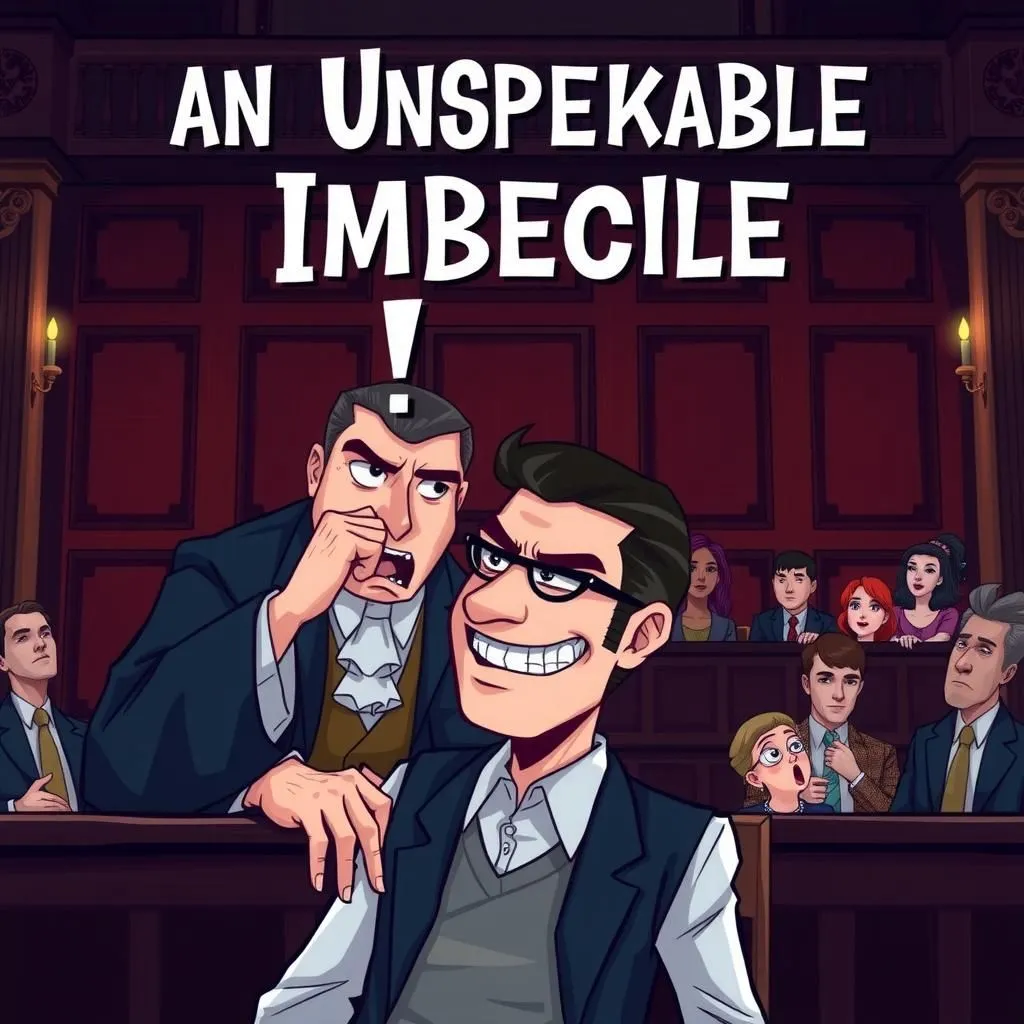
The Unchanged Diplomatist
In "The Unchanged Diplomatist," a Madagonian diplomat eagerly informs the King of Patagascar about his promotion from Dazie to Dandee, expecting recognition of his increased status. However, the King humorously points out that despite the higher title and pay, the diplomat remains unchanged in intellect, delivering a subtle moral about the limitations of rank and the importance of personal growth. This short bedtime story serves as a popular moral tale, highlighting that true improvement comes from within rather than from external accolades.


